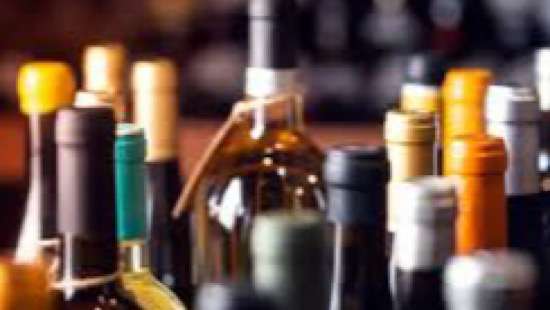By: Staff Writer
January 13, Colombo (LNW): The Alcohol and Drug Information Centre (ADIC) revealed that a 20% excise tax increase on alcohol last year led to a staggering reduction of 8.3 million litres in alcohol consumption while boosting government revenue by Rs. 11.6 billion.
Welcoming the latest hike on alcohol and tobacco taxes, ADIC Executive Director Sampath de Seram said the move is a significant step toward reducing public health risks.
He noted that such measures align with recommendations from the World Health Organization (WHO) to discourage harmful habits like excessive drinking and smoking.
“The latest step is helpful in both ways,” de Seram said, explaining that higher taxes not only reduce consumption but also provide a significant boost to state revenue.
According to ADIC, cigarette sales also saw a sharp decline last year, with volumes dropping by 521.5 million units. Despite this, tax revenue from cigarettes rose by Rs. 7.7 billion, demonstrating the dual benefits of excise tax increases.
However, de Seram urged that such measures be implemented scientifically, factoring in inflation and other economic variables to ensure long-term effectiveness.
Alcohol tax increases in Sri Lanka have been shown to reduce alcohol consumption and increase government revenue:
A 20% increase in alcohol excise tax in Sri Lanka led to an 8.3 million liter reduction in alcohol consumption. A survey found that 64% of participants saw a decrease in alcohol consumption during celebrations in 2024.
Alcohol tax increases generate additional excise tax revenue for the government. For example, a 20% increase in alcohol excise tax generated an additional LKR 1.8 billion in revenue.
Alcohol tax increases can reduce alcohol-related harm and improve public health. Alcohol-related harm is a significant burden on Sri Lanka’s health system.
Alcohol tax increases can have a progressive effect because economically disadvantaged groups are more likely to reduce their consumption when prices increase.
Taxation is a well-recognized policy tool in preventing alcohol harm. In 2023, Sri Lanka increased alcohol taxation rates in order to increase government revenue and reduce costs due to alcohol harm. In 2024, the Alcohol and Drug Information Center (ADIC) of Sri Lanka carried out a survey to investigate the impact of the policy change on alcohol consumption and harm.
ADIC carried out this survey during the Sinhala and Tamil New Year celebrations in 2024, the period when alcohol consumption is typically the highest in the country.
The survey used a sample size of 415 individuals from across all nine provinces. 46.2% of the participants were female and 53.7% were male.
According to the survey results, 64% of the participants stated that they saw a clear decrease in alcohol consumption during celebrations in 2024.
Respondents report lower alcohol consumption in their communities 64% of survey respondents stated that they saw a clear decrease in alcohol consumption during New Year celebrations in 2024.Only 26% believed that there was no change in the alcohol consumption in the country. 10% stated that they witnessed an increase in alcohol consumption during the festive period in 2024.

